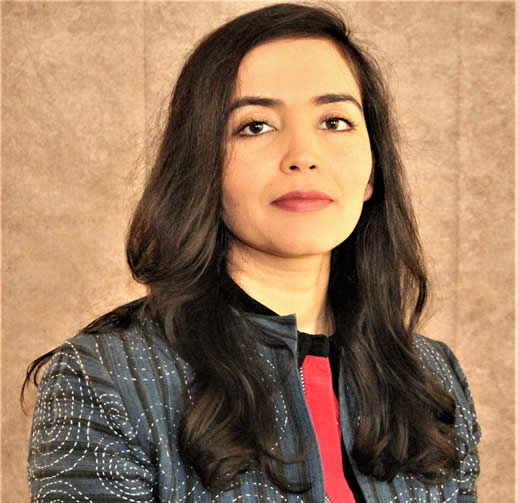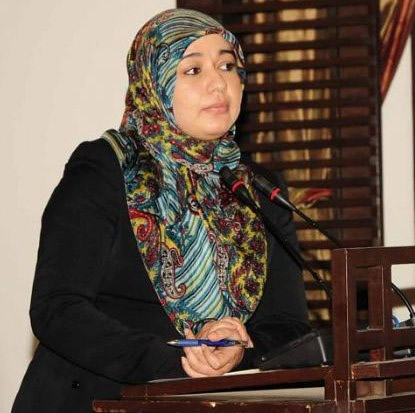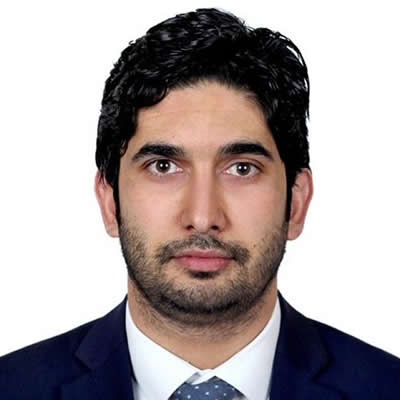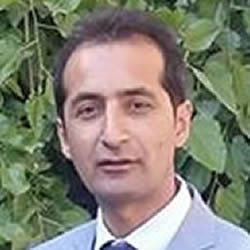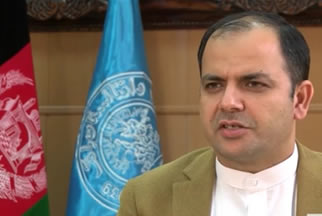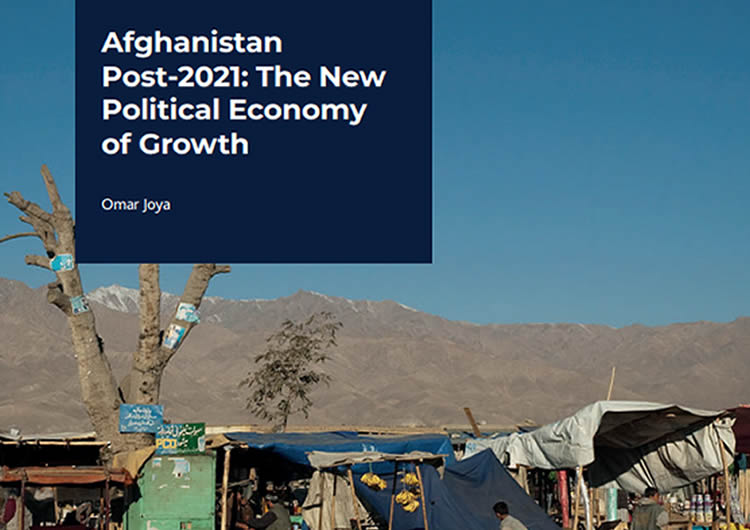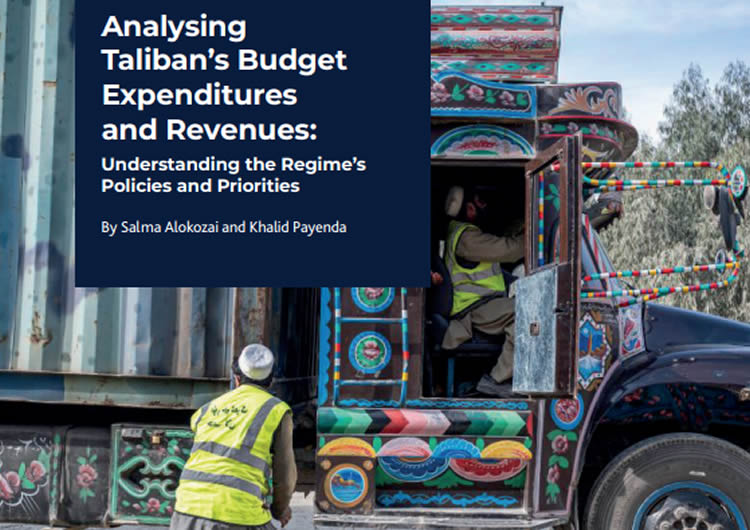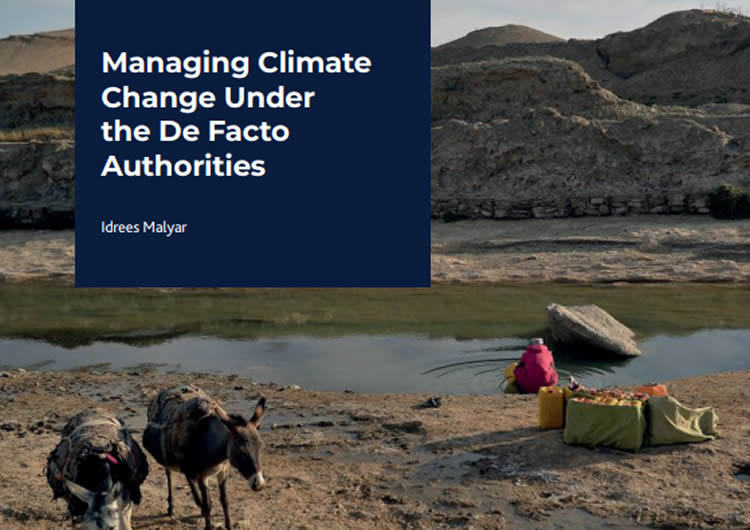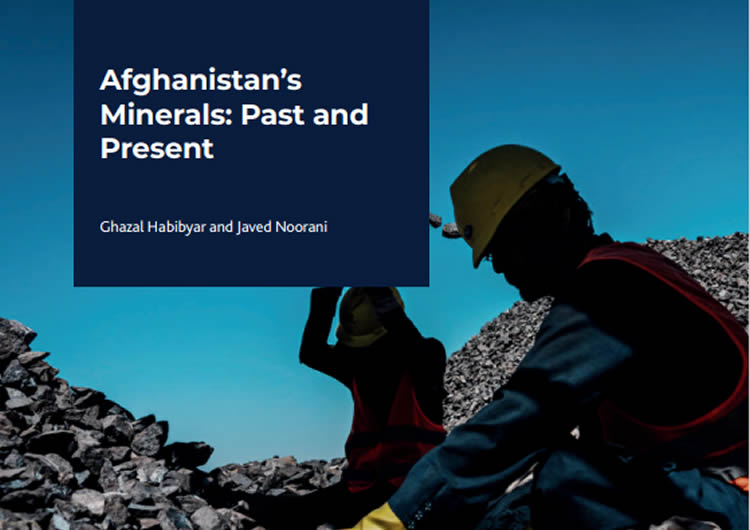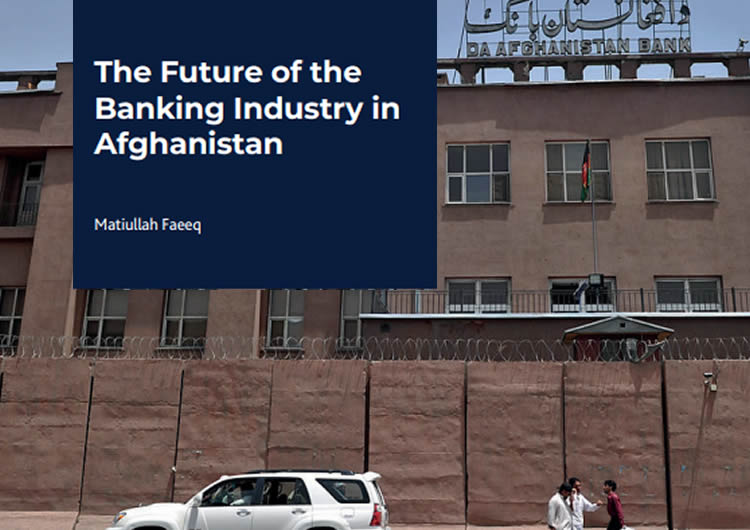Our Team
Director and Cofounder
Khalid Payenda
Khalid Payenda is a Director at the Institute of Development and Economic Affairs, with a distinguished career in public finance and international development. He previously served as the Acting Minister of Finance for the Islamic Republic of Afghanistan.
Prior to series of key roles spanning over a decade in government, Khalid worked with the World Bank Khalid has also worked for the World Bank, the Asian Development Bank and the International Monetary Fund on political economy, macroeconomic stability and management of a multi-donor multibillion dollar trust fund for Afghanistan’s reconstruction.
He has further collaborated with several international development agencies and think-tanks on economic development and public financial management.
As an expert in public finance and economic development, Khalid has published articles on a diverse range of issues and teaches courses as an Adjunct Professor at the Walsh School of Foreign Service, Georgetown University, and the American University of Afghanistan.
Khalid Payenda co-founded the first private university in Afghanistan and taught economics and leadership courses for over a decade. Khalid Payenda is a Fulbright scholar and graduated from University of Illinois with a Master’s degree in economics. He also holds an MBA.
Director and Cofounder
Naheed Sarabi
Naheed Sarabi is a Director at the Institute of Development and Economic Affairs. Naheed is an experienced development practitioner with a background in development strategy and operational policy in fragile and conflict-affected states. She previously served in key positions with the government of Afghanistan. As the Deputy Minister for Policy at the Ministry of Finance in Afghanistan, where she led a high-performing team responsible for coordinating policy dialogue with more than 50 donor countries and agencies. Sarabi also lead the coordination of high-level donor-government policy and pledging conferences for Afghanistan. She also advised Afghanistan’s Independent Directorate of Local Governance.
She served as the Assistant Resident Representative for United Nations Development Program (UNDP) in Afghanistan overseeing implementation of UNDP’s economic prosperity portfolio including community development, livelihoods and private sector support initiatives.
She has served on boards and commissions for various organizations, including Open Society Afghanistan, Rawadari, a human rights organization for Afghanistan, the International Commission for Inclusive Peace, and the Principles for Peace initiative. Naheed is a visiting fellow at the Brookings Institution's Center for Sustainable Development within the Global Economy and Development program.
She holds a bachelor’s degree in political science from Delhi University and a master’s degrees in development management from Ruhr-University Bochum, Germany. She is a Fulbright Scholar and has a second master’s degree in applied economics from Western Michigan University.
